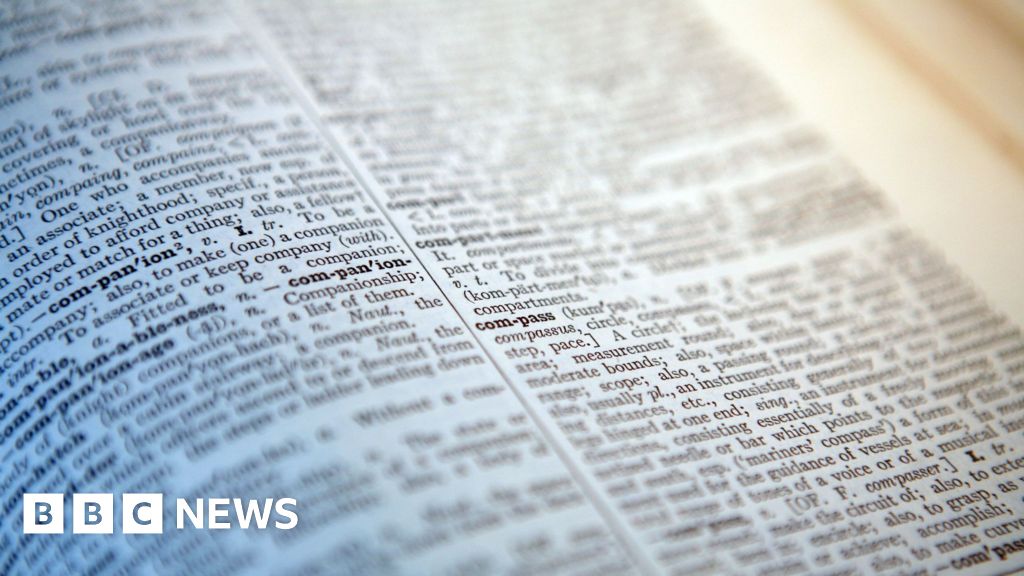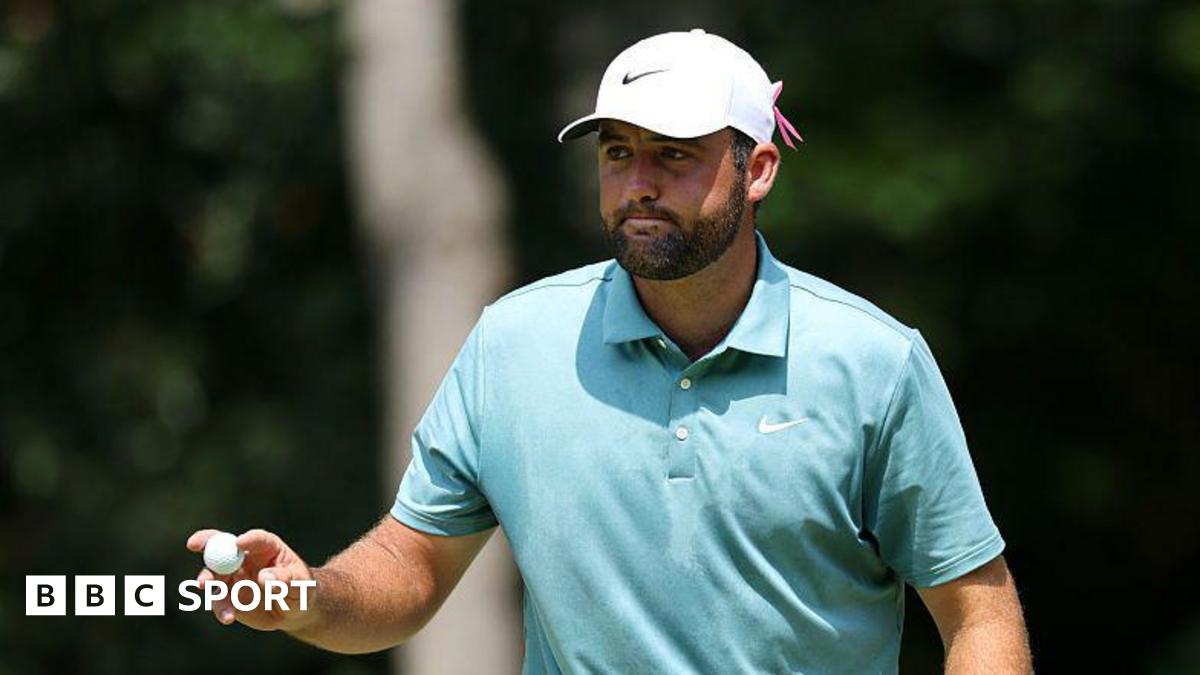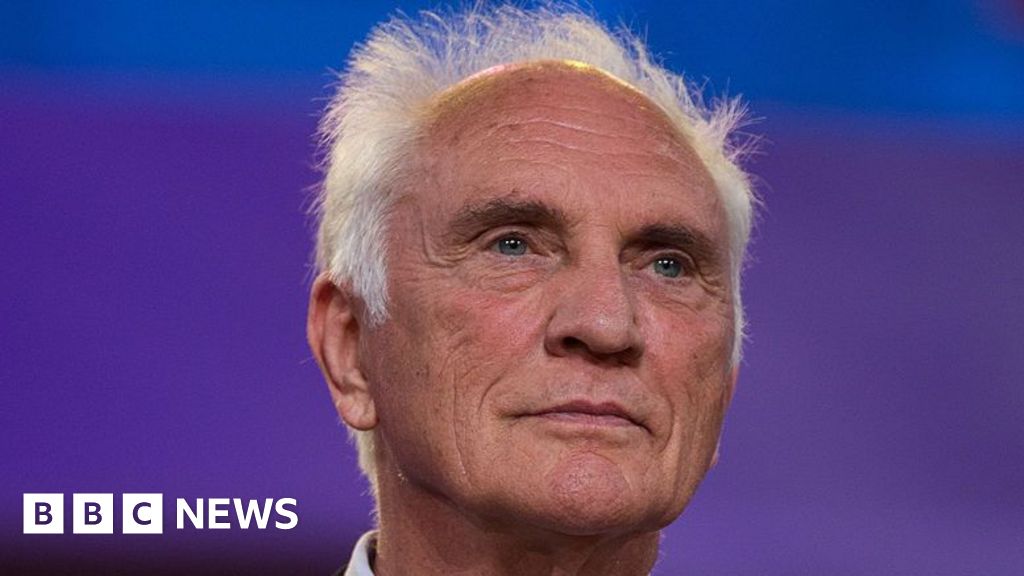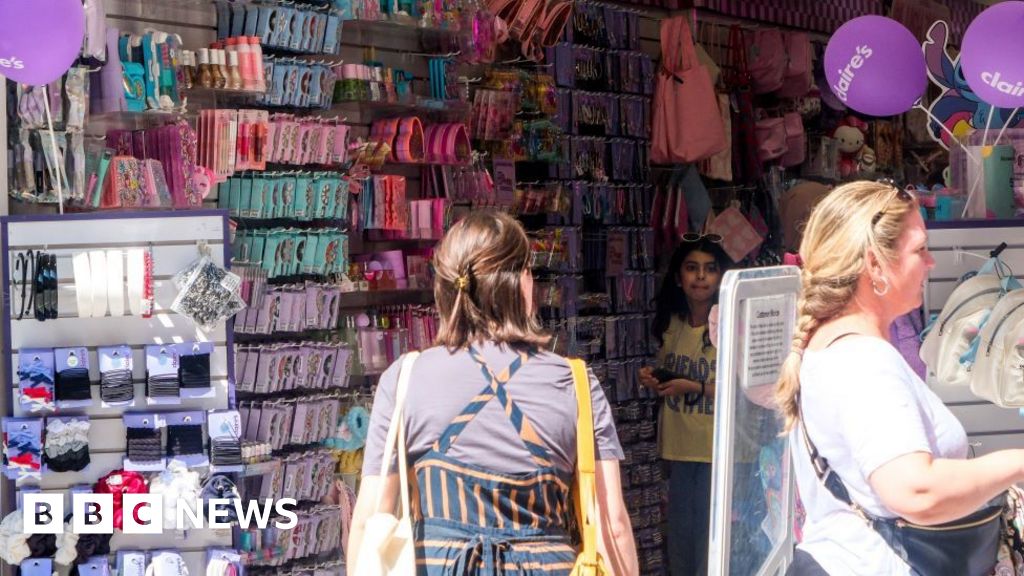
Johannesburg mayor Dada Morero speaks with electricity and energy minister Kgosientsho Ramokgopa ahead of the press briefing on Tuesday.
- The City of Johannesburg has agreed to pay Eskom R3.2 billion over the next four years after mediation determined the debt it owes the power utility.
- Joburg Mayor Dada Morero assured that no additional tariffs would be imposed, and the City’s current account with Eskom has been cleared.
- Minister Kgosientsho Ramokgopa emphasised the need for sustainable debt resolution to prevent a collapse in the country’s electricity system.
The City of Johannesburg has agreed to pay Eskom R3.2 billion that forms part of its debt to the power utility.
The City previously disputed the amount.
The agreement comes after mediation that took place at the order of electricity and energy minister Kgosientsho Ramokgopa, who had to intervene after Eskom threatened to cut power to Johannesburg last year unless the City paid what it owed.
At the time, City Power said it would not pay the amount because its meters did not match what Eskom said it owed. The matter eventually ended up in court before the minister intervened.
In November, Eskom said City Power owed R4.9 billion in historic debt and R1.4 billion in its current account.
READ | No power cut threat as Joburg, Eskom in mediation over disputed R3.4bn debt
On Tuesday, the minister and Johannesburg Mayor Dada Morero, as well as other role players, announced that after an independent auditor from the South African National Energy Development Institute (SANEDI) reviewed the meter readings, the City had agreed to pay R3.2 billion over the next four years.
He was speaking at a media briefing to update the residents on the dispute resolution.
Morero said consumers would not be affected by further tariffs to service the debt because the budget had already been announced and the electrical tariffs were set.
Johannesburg has also cleared its current account.
Speaking during a question-and-answer session, Ramokgopa said it was unsustainable to keep raising tariffs to meet electricity costs.
He said:
There are households right now that cannot afford the cost of electricity. People have to choose between paying for a loaf of bread or electricity. The economy is not growing, so more customers can’t pay.
The knock-on effect is that municipalities then could not pay Eskom.
“Municipalities owe Eskom R370 billion in total. That’s unsustainable. This will result in a total collapse of the electricity complex in the country,” the minister said.
Ramokgopa said that if Eskom was able to resolve its challenges with Johannesburg, the country’s economic hub and a massive city, then it could resolve its challenges with the rest of the country.
He said the template created from this dispute resolution would be used to help clear the electrical debt in other municipalities.
 (1).png)
 1 month ago
11
1 month ago
11

















